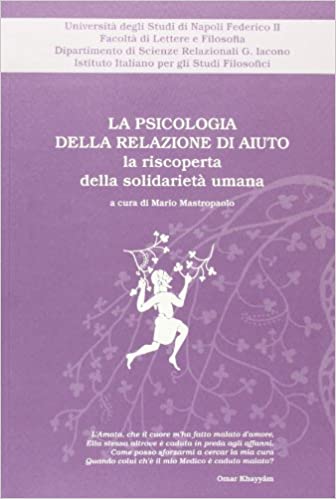
Since the dawn of time, we have been looking for ways to relate to others. Humanity has gone through several stages. From the most brutal way we walk today to the most empathetic.
We consider that all were necessary for the development of the being as a whole. We often hear about right and wrong ways to act. However, what is right and what is wrong? And for whom? It all depends on the education that the individual receives, the information that comes from friends, religion and the culture of the place where he lives. And, as if everything that comes through VATOP was not enough, which are our five senses (Sight, Hearing, Touch, Smell and Taste), the way we feel this information also influences our thoughts and attitudes.
Our attitudes are a result of the external stimuli that we receive plus the identification that we make to then introject this identification, making it become a value in our lives. Our attitudes are consistent with these formed values, which are often different from those formed by other people. Hence such a variety of attitudes.
Another point for reflection is related to the duality that exists in us. We all have an egocentric part and an empathetic part and, depending on the percentage of each, we will make the proper identifications, form our values and relate accordingly.
It is important to know the meaning of egocentrism and empathy to assess how our duality is and, also, to better understand human behavior.
The egocentric thinks only of himself, feels a lot of frustration when he doesn't get what he wants and thinks that the world is responsible for his dissatisfaction. Since the person with a high level of egocentrism only thinks about himself, the affective relationship, professional or among friends is unhealthy, because he is the one who is always right and knows more. The egocentric demands a lot from the other and demands practically nothing from himself. Over time these people can have losses, making them think the world is against them.
The empath, on the other hand, thinks of others, respects differences in thinking and accepts the other as he is. The empath puts himself in feeling in place of the other. He listens, understands, forgives. The empath puts the needs of others above their own needs.
How to live better in a world where egocentrism still reigns? The way is to travel within ourselves, without fears, without defenses and seek our transformation, because the change happens from the micro to the macro. When we change, the world changes.
And you, are you ready for this trip? Let's go together!
Image: http://www.crystalinks.com/jung.jpg

























